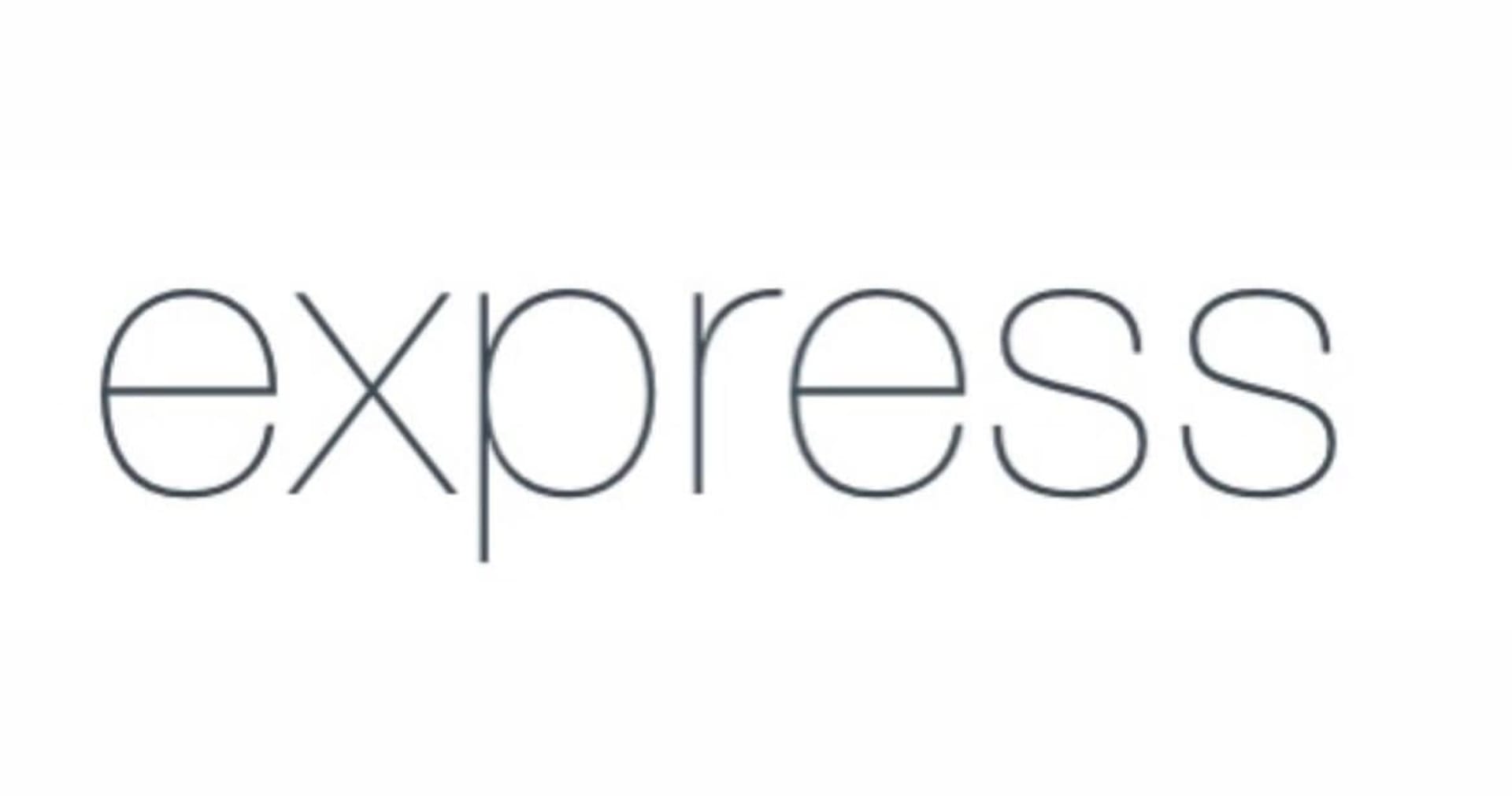![[Alexa] Responseオブジェクトを利用した応答の作成](https://devio2023-media.developers.io/wp-content/uploads/2017/07/alexa-eyecatch.png)
[Alexa] Responseオブジェクトを利用した応答の作成
この記事は公開されてから1年以上経過しています。情報が古い可能性がありますので、ご注意ください。
1 はじめに
テレビとラジオで比較できるように、Echo (Dot)のような音声のみのデバイスと、Echo Showのような、表示装置を持ったデバイスでは、やはり応答は、違ったものになるかもしれません。
また、スキルの質を高める目的で、スロットの入り具合によってユーザーへの問いかけをきめ細かく調整するような事を考え始めると、応答を構築する作業は、どんどん複雑になっていきます。
そして、このような複雑な応答に対応するためには、Responseオブジェクトの利用が有効であると、下記のブログで紹介されていました。
How to Teach Your Alexa Skill to Detect a Screen
Responseオブジェクトは、当初から、Alexa Skills Kit SDK for Node.jsに存在していましたが、簡易な応答には、そのラッパーである :tell や :ask を利用し、AudioPlayerなどのようにラッパーが存在しない場合だけ利用方法が記載されていました。
しかし、最近のバージョン(v1.0.10以降)では、Responseオブジェクトの利用方法についても、詳しくREADMEに記載されるようになりました。
今回は、このRersponseオブジェクトの利用方法について整理して見ました。
2 :tell :ask の違い
まずは、簡単に、:tell、:askの記述要領と、Responseオブジェクトを使用した場合との違いを比較してみます。
:tellは、ユーザーのレスポンスを待たない発話でした。
let outputSpeech = 'My favorite color is red.';
this.emit(':tell', outputSpeech)
そして、これをResponsオブジェクトで記述すると次のようになります。
this.response.speak(outputSpeech);
this.emit(':responseReady');
生成されるレスポンスは、どちらも全く同じで、shouldEndSessionがtrueにセットされていることを確認できます。
{
"version": "1.0",
"response": {
"outputSpeech": {
"ssml": "<speak> My favorite color is red. </speak>",
"type": "SSML"
},
"speechletResponse": {
"outputSpeech": {
"ssml": "<speak> My favorite color is red. </speak>"
},
"shouldEndSession": true
}
},
"sessionAttributes": {}
}
:askは、ユーザーのレスポンスを待つ場合に利用されていました。 ユーザーが8秒間黙っていた場合、さらなるプロンプトを発話します。
let outputSpeech = 'My favorite color is red.';
let reprompt = 'for example, my favorite color is green.'
this.emit(':ask', outSpeech, outSpeech + ' ' + reprompt)
こちらは、Responseオブジェクトでは、次のようになります。
this.response.speak(outputSpeech).listen(outputSpeech + ' ' + reprompt);
this.emit(':responseReady');
shouldEndSessionがfalseになっていることを確認できます。
{
"version": "1.0",
"response": {
"outputSpeech": {
"ssml": "<speak> My favorite color is red. </speak>",
"type": "SSML"
},
"reprompt": {
"outputSpeech": {
"ssml": "<speak> My favorite color is red. for example, my favorite color is green. </speak>",
"type": "SSML"
}
},
"speechletResponse": {
"outputSpeech": {
"ssml": "<speak> My favorite color is red. </speak>"
},
"reprompt": {
"outputSpeech": {
"ssml": "<speak> My favorite color is red. for example, my favorite color is green. </speak>"
}
},
"shouldEndSession": false
}
},
"sessionAttributes": {}
}
この比較から、発話するメッセージついては、常に speak() で設定し、ユーザーの応答を待つ場合に、listen() を追加するという基本的な利用方法が分かります。
3 カードの追加
カードを追加する場合は、cardRenderer() を使用します。
this.response.cardRenderer('card title', 'card body', 'https://hostname/image.jpg');
this.response.speak(outputSpeech);
this.emit(':responseReady');
{
"version": "1.0",
"response": {
"outputSpeech": {
"ssml": "<speak> Hello </speak>",
"type": "SSML"
},
"card": {
"content": "card body",
"title": "card title"
},
"speechletResponse": {
"outputSpeech": {
"ssml": "<speak> Hello </speak>"
},
"card": {
"content": "card body",
"title": "card title"
},
"shouldEndSession": true
}
},
"sessionAttributes": {}
}
4 組み立て自由
Responseオブジェクトは、自由な順序で動的に組み立てが可能です。
以下の例は、全て同じレスポンスを生成します。
// 例1) this.response.listen(reprompt).speak(question).cardRenderer(CARD_TITLE, question); // 例2) this.response.speak(question).listen(reprompt).cardRenderer(CARD_TITLE, question); // 例3) this.response.cardRenderer(CARD_TITLE, question); this.response.speak(question).listen(reprompt); // 例4) this.response.speak(question); this.response.listen(reprompt); this.response.cardRenderer(CARD_TITLE, question);
How to Teach Your Alexa Skill to Detect a Screenより
組み立ての順番は、全く自由で、また、連結も可能です。 最後に this.emit(':responseReady'); をコールした時点で、レスポンスが生成されます。
全てをまとめて this.emit(':tell'..) に送るような必要がありません。 この利用方法が、複雑なレスポンスを作成する作業では、一番威力を発揮するでしょう。
5 その他
Responseオブジェクトには、上記以外にも、各種のオブジェクトが利用可能ですが、詳しくは各ドキュメントをご参照下さい。
Link Account cardの表示
this.response.linkAccountCard()
AudioPlayer関連 参考 : AudioPlayer Interface Reference
this.response.audioPlayer(directiveType, behavior, url, token, expectedPreviousToken, offsetInMilliseconds) this.response.audioPlayerPlay(behavior, url, token, expectedPreviousToken, offsetInMilliseconds) this.response.audioPlayerStop() this.response.audioPlayerClearQueue(clearBehaviour)
Echo Show用のテンプレート表示 参考 : Display Interface Reference
this.response.renderTemplate(template)
Echo Showでのヒント表示 参考 : Include Hint Directives in Responses
this.response.hint(hintText)
Echo Showでのビデオ再生 参考 : VideoApp Interface Reference
this.response.playVideo(url, metadata)
6 最後に
:tell 及び、:ask 関連の記述は、ラッパーだけあって記述は表示に簡単です。しかし、今後、デバイスが多様化していく中、より優れたUXをスキルに求める場合、Responseオブジェクトの利用は、重要な選択になるかも知れません。
7 参考リンク
How to Teach Your Alexa Skill to Detect a Screen
https://github.com/alexa/alexa-skills-kit-sdk-for-nodejs









